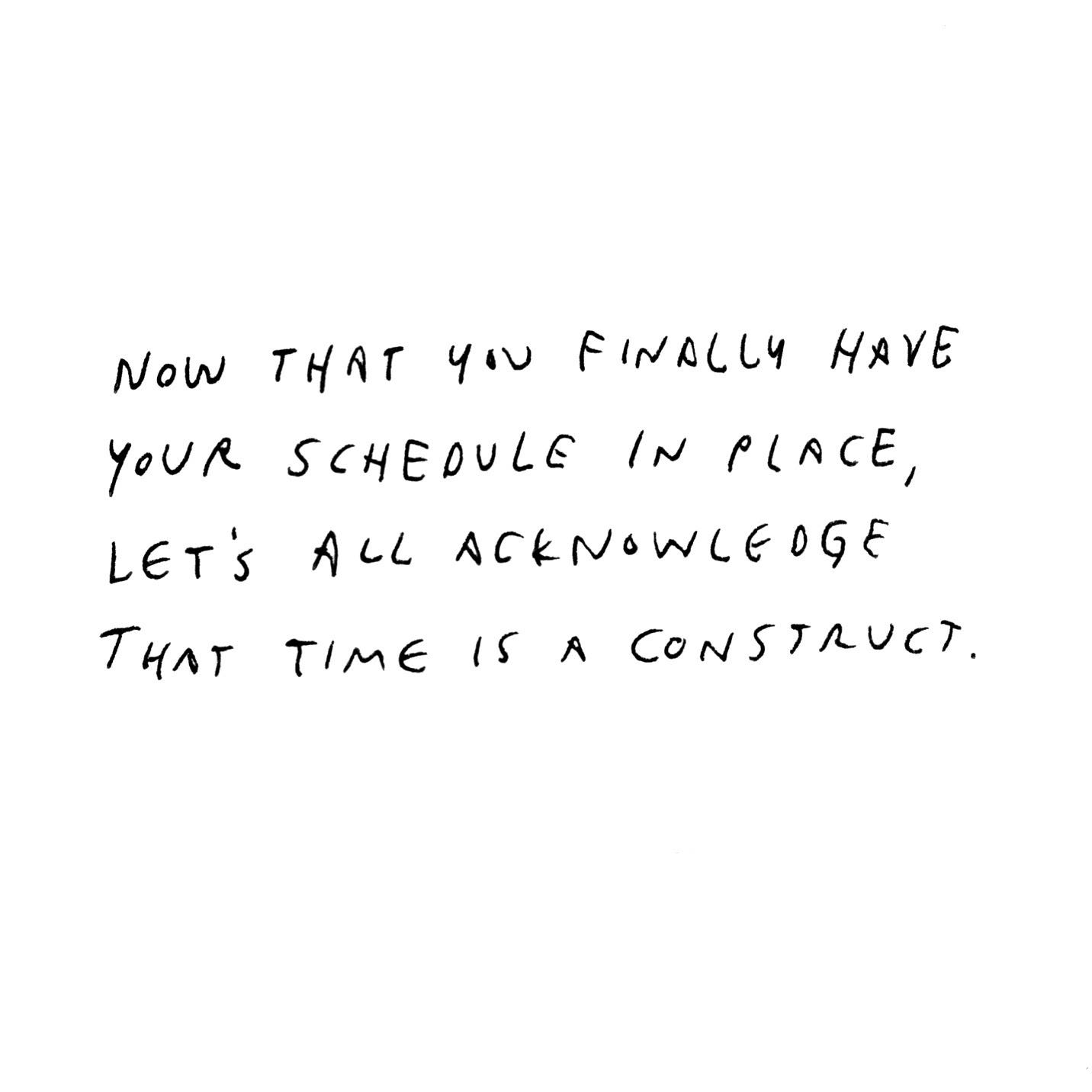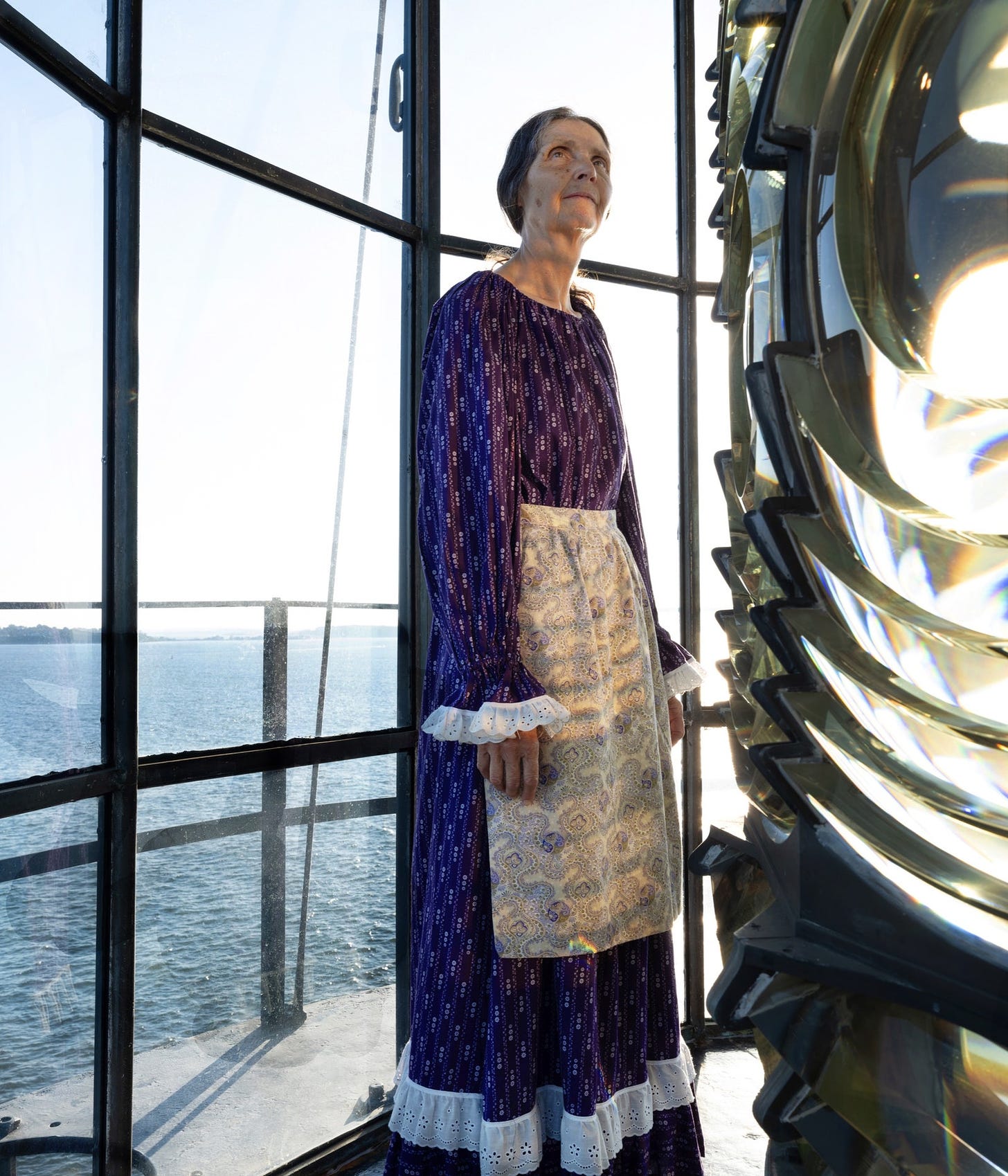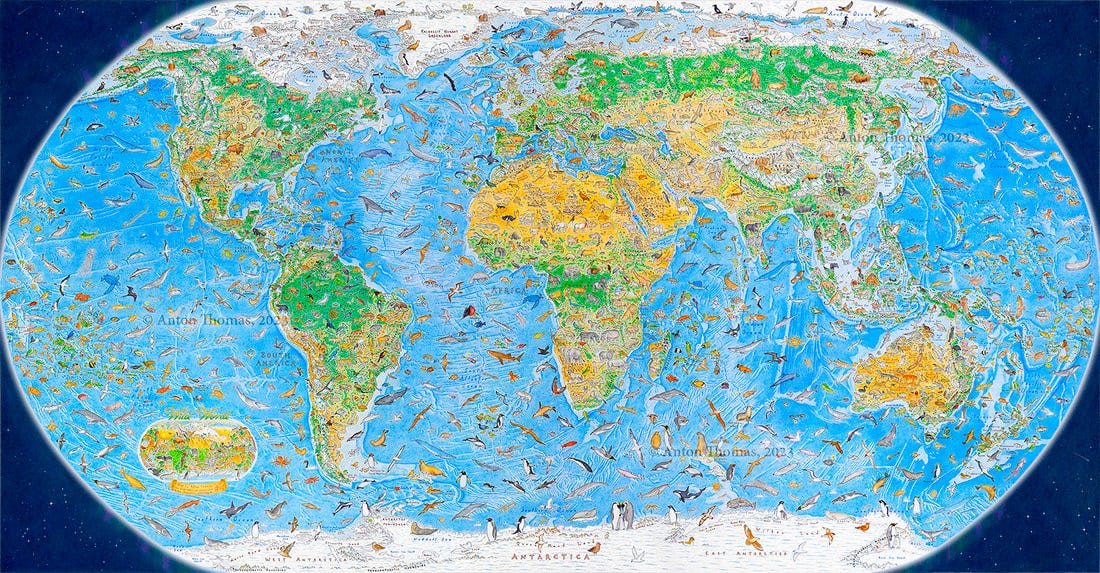
This week has been all about getting back into the swing of things, while fighting the urge not to tuck myself under the covers at 4:30 PM, the new time when it is completely dark outside. Trying to explain the concept of Daylight saving time to our newly arrived migrant neighbors has been a real exercise in absurdity. “What do you mean the time just… changes?” I have no idea, we just decided it would be that way.
Today, less than 40% of the countries in the world use DST and the beginning and end dates vary from one country to another. More than 140 countries have used it at some point, but about half of them have since abolished it again. The idea first originated in late 19th century New Zealand when entomologist George Hudson proposed extending summer daylight hours so he could collect more bugs after work. It gained traction in Europe and the U.S. as a way to conserve electricity during the First World War (and not to benefit farmers, as a common myth persists).
Capitalism was the real driver: “Though the official reason was fuel saving, the U.S. Chamber of Commerce was the major backer for the policy because Americans getting off work while it was still light out meant they would be more likely to go out shopping in the evening.” So here we are, now switching our clocks and adjusting our schedules. The tyranny! As
writes, “I agree with Jonah Ryan: It is time to punch Daylight Saving Time in the clock.”It’s also a good opportunity to remember how humans imagine so many things that come into being. It’s exactly because things have been a certain way that they could just as easily be completely different. In the spirit of radical re-imaginings, what other silly norms are we clinging to?
I will not
dance to your war
drum. I will
not lend my soul nor
my bones to your war
drum. I will
not dance to your
beating. I know that beat.
It is lifeless. I know
intimately that skin
you are hitting. It
was alive once
hunted stolen
stretched. I will
not dance to your drummed
up war. I will not pop
spin beak for you. I
will not hate for you or
even hate you. I will
not kill for you. Especially
I will not die
for you. I will not mourn
the dead with murder nor
suicide. I will not side
with you nor dance to bombs
because everyone else is
dancing. Everyone can be
wrong. Life is a right not
collateral or casual. I
will not forget where
I come from. I
will craft my own drum. Gather my beloved
near and our chanting
will be dancing. Our
humming will be drumming. I
will not be played. I
will not lend my name
nor my rhythm to your
beat. I will dance
and resist and dance and
persist and dance. This heartbeat is louder than
death. Your war drum ain’t
louder than this breath.

“Boston Light, opened in September, 1716, was the first lighthouse in the American colonies, and Snowman is the last official keeper in the United States.” After over two decades, Sally Snowman will no longer be guiding vessels to safe harbor. “On December 30th, when she retires, at seventy-two, the station will be ‘unmanned,’ or, as she said, ‘unwomanned,’ and the profession of lighthouse keeper will go the way of the rag-and-bone collector.”
The support and limitations of therapy, as a way to cope in the face of looming climate anxiety. Useful tools that have their place in really strengthening the path to action in community events: “In such settings, it was automatic that people would feel embraced instead of isolated, natural that the conversation would start moving away from the individual and toward collective experiences and ideas. There was no fully separate space, to be mended on its own. There was only a shared and broken world, and a community united in loving it.”
It reminded me of Learning from the 60s, Audre Lorde’s address from February 1982 as part of the celebration of Malcolm X weekend at Harvard University: “Decisions to cut aid for the terminally ill, for the elderly, for dependent children, for food stamps, even school lunches, are being made by men with full stomachs who live in comfortable houses with two cars and umpteen tax shelters. None of them go hungry to bed at night. Recently, it was suggested that senior citizens be hired to work in atomic plants because they are close to the end of their lives anyway. Can anyone of us here still afford to believe that efforts to reclaim the future can be private or individual? Can anyone here still afford to believe that the pursuit of liberation can be the sole and particular province of anyone particular race, or sex, or age, or religion, or sexuality, or class?”
’s glorious essay on Nope has been fueling me. “Depictions of true collective action are still a rarity in mainstream Hollywood. A vigilante cop, a chosen one, a solitary superhero: when partnerships do arise, it’s often a sidekick-hero dynamic, where one person takes the majority of the risk and the majority of the credit. While I’ve defined the Afropastoral within the Black diaspora in the United States, the concept is hardly exclusive to Black America—and you’re more likely to see stories of anti-colonial collectivism outside of Hollywood film. Take Bacurau (2019), the story of a rural village in the Brazilian backcountry that must defend themselves against white foreigners who hunt (brown) people for sport. Inspired by Spaghetti westerns and Brazilian Cinema Novo, the film dramatizes the continuous struggle to keep one’s territory in the face of invasive forces.”Two songs that recently played on a weeknight dance floor, where Michelle saw me lose my entire mind. Both of them featured prominently in the soundtrack of your life if you were a teenager growing up in the early 2000s in Paris. I have since revisited both of their music videos on a loop, filling my nostalgia tank to the brim. May they tickle and transport you in the same way.
From Coalition for the Homeless: “In recent years, homelessness in New York City has reached the highest levels since the Great Depression of the 1930s.” It’s only going to keep growing, even as 13,000 rent-stabilized apartments have been vacant for over two years. On top of this fabricated scarcity, newly arrived migrants already housed in horrific conditions are being given 30-day notices till they are expelled into the streets. Adams and Hochul are currently trying to illegally suspend the right to shelter, a constitutional right in New York State since 1981.
When Cailin and I went to see the Ruth Asawa show at the Whitney Museum, we were blown away by her body of work… not to mention the fact that she raised six children along the way.
writes about the story of her huge table, built by her husband Albert Lanier. It served as both her place of work and the gathering spot for her family. “In 2009, Ruth donated her family’s dining table to San Francisco’s Bethany Center affordable living community. The table, ‘symbolic of social gathering, community and creativity, formed the start of an arts initiative called Ruth’s Table. Ruth's Table is an arts nonprofit committed to increasing access to creative opportunities for older adults and adults with disabilities.’ Her wish was ‘for the table to serve as a hearth for creativity’ for artists old and young.”Three years in, Anton Thomas’ hand-drawn 3-foot-wide world map is complete! He started during the early days of the pandemic, celebrating with colored pencils the dazzling diversity of wild, native animals on this earth. Notably absent from the map: countries or frontiers since landscape and nature know no border.

Something else that could have been different? By 1900, a third of all cars on the road in the US were electric. “Battery-powered vehicles have been around since Victorian times – everything from private automobiles to taxis, ambulances and tricycles.”
Field trip!
What: Practices for Care & Endurance: Join a circle of healers, writers, and activists to discuss sustaining our solidarity from individual body to mass movement. Featuring adrienne maree brown, Hala Alyan, Spenta Kandawalla, Noor, Layla Feghali, Sepideh Moafi, Adaku Utah.
Where: Online
When: Monday November 13 at 06:00 PM EST
Till next time,
ASK

